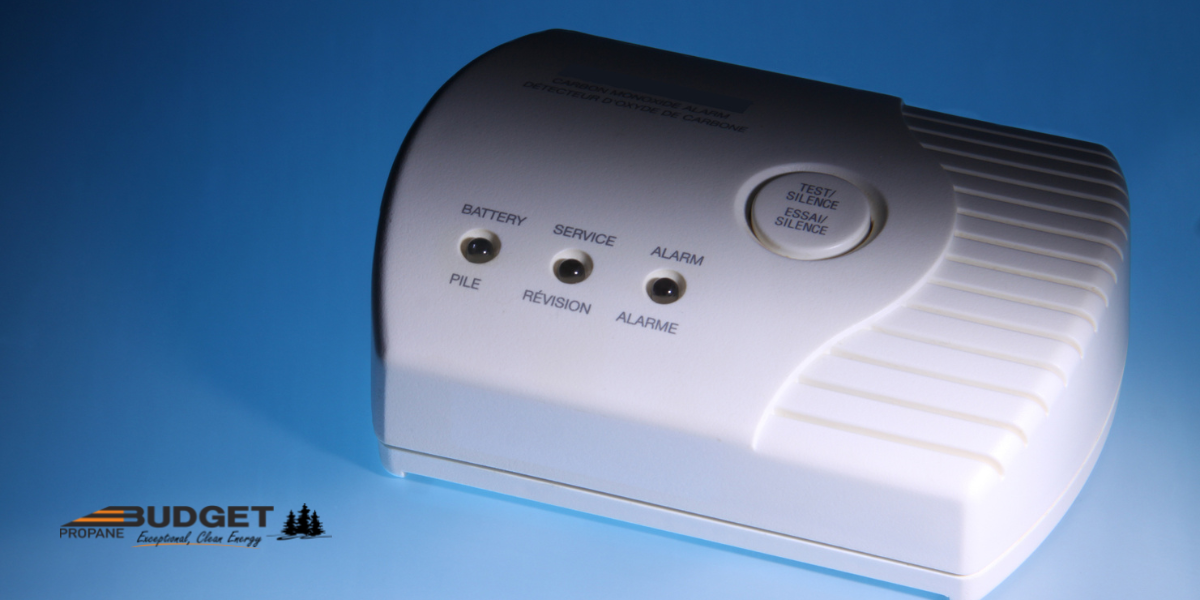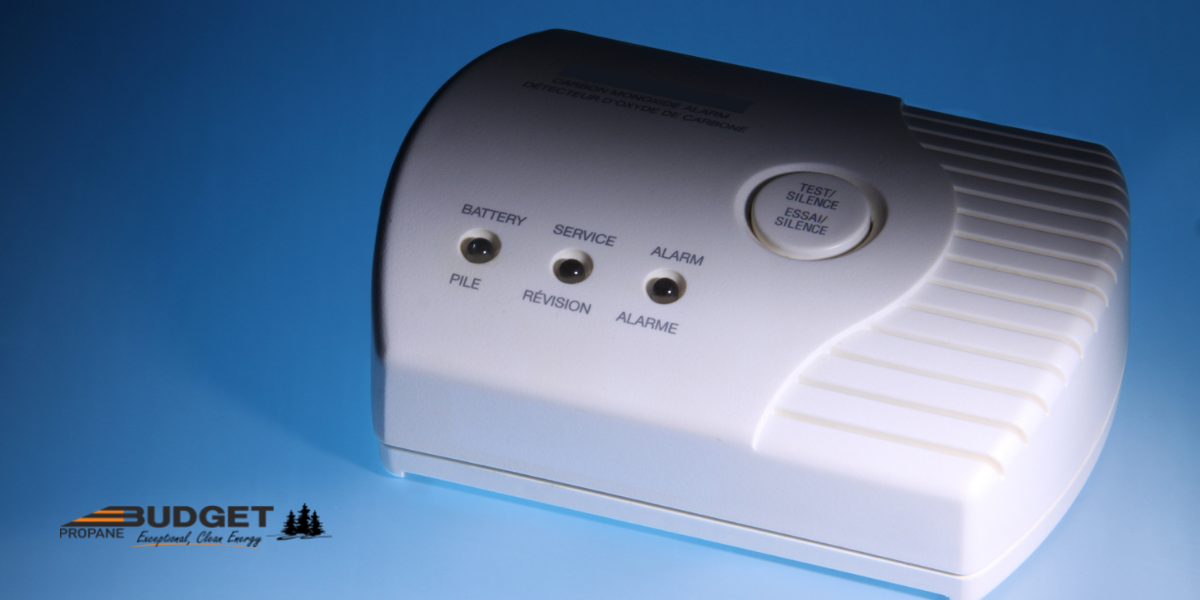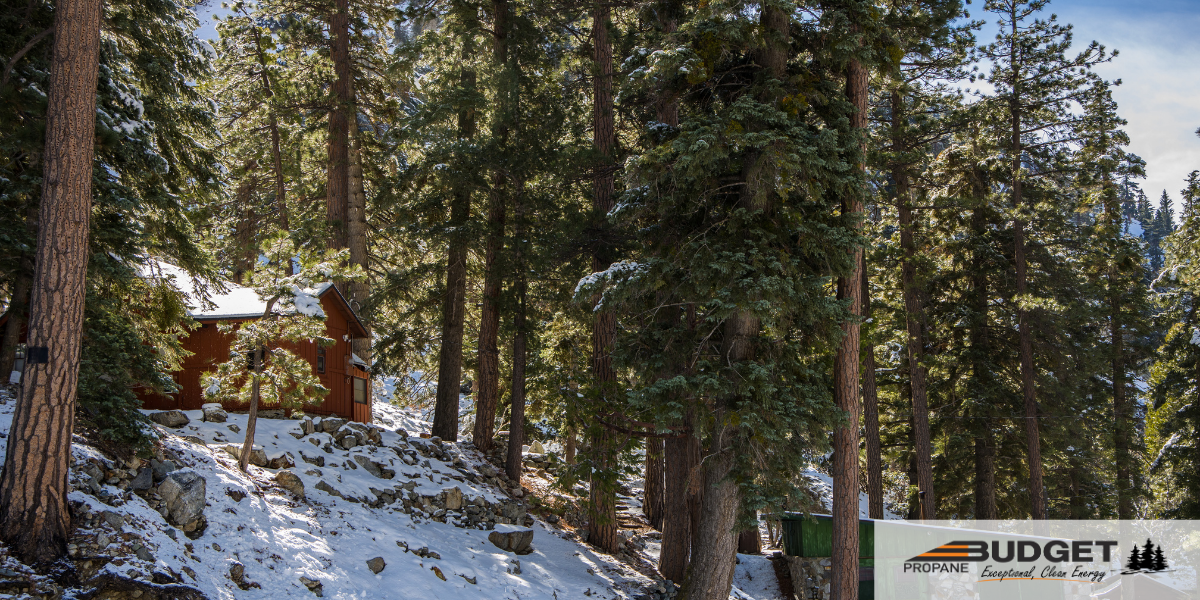 Home safety involves taking care of fuel burning appliances such as stoves and furnaces, and installing, and maintaining, smoke and carbon monoxide (CO) detectors. Often referred to as the silent killer, carbon monoxide has no taste, smell or colour, but can be incredibly dangerous and in some cases deadly. Carbon monoxide is created when burning fuels, such as natural gas, wood, oil, propane, and other similar substances.
Home safety involves taking care of fuel burning appliances such as stoves and furnaces, and installing, and maintaining, smoke and carbon monoxide (CO) detectors. Often referred to as the silent killer, carbon monoxide has no taste, smell or colour, but can be incredibly dangerous and in some cases deadly. Carbon monoxide is created when burning fuels, such as natural gas, wood, oil, propane, and other similar substances.
"Every year, many Ontarians require medical attention due to carbon monoxide poisoning," said Jon Pegg, Ontario Fire Marshal and Chief, Emergency Management. "The only way to detect CO in your home is with a CO alarm. Test your alarms monthly to ensure they are working."
When fuel burning appliances are properly installed, vented, and serviced, the carbon monoxide should not reach harmful levels where carbon monoxide poisoning becomes a risk.
Where to place carbon monoxide alarms and detectors:
According to Safety.com, at least one carbon monoxide detector must be installed on each floor of your home, including the basement. Consider adding a detector in your garage if it’s attached to your home.
Be sure to place a carbon monoxide detector outside of the bedroom area in your home. The effects of carbon monoxide are nearly impossible to detect when sleeping. If CO is detected, the alarm will sound to alert and wake you.
Some symptoms of carbon monoxide poisoning:
- Dull headache
- Weakness
- Dizziness
- Nausea or vomiting
- Shortness of Breath
- Confusion
- Blurred Vision
- Loss of Consciousness
Identifying Carbon Monoxide:
Since carbon monoxide is tasteless, colourless and odorless, it can be difficult to detect. Because of this, many provinces are now making it mandatory for homes to be equipped with carbon monoxide detectors, if there is at least one fuel-burning appliance.
These detectors should sound an alarm when carbon monoxide is present, however, if you are feeling any of the above mentioned symptoms, and suspect carbon monoxide poisoning, you should seek assistance.
The following information is provided by the Canadian Propane Association.
"To help reduce the risk of CO poisoning:
- Have a qualified service technician check your propane appliances and related venting systems annually.
- Ensure there is adequate air supply and venting for combustion.
- Install CO detectors on every level of your home.
- Never use a barbecue in an enclosed space.
- Never use a gas oven or range-top burners to provide space heating, and never use portable heaters indoors, unless they are designed and approved for indoor use.
- Be aware of environmental signs, such as an abnormal burning odour, stale or stuffy air, abnormal moisture forming on windows and walls, soot on equipment or a yellow flame at the burner tip of an appliance. If any of these occur, turn off the appliance and speak with a licensed professional.
Appliances and Detectors:
When shopping for propane appliances and CO detectors, always ask if the product is certified by an agency recognized in the province of use, such as the Canadian Standards Association (CSA) or Underwriters Laboratories of Canada (ULC).
Only a qualified service technician should install, inspect, service and repair your appliances
- Have your appliances and propane system inspected before the start of each heating season.
- Use and maintain appliances as directed. Refer to the manufacturer’s operating manuals.
- Ensure the indoor and outdoor vents and air inlet ducts for all appliances are not corroded or blocked, and that they are open and/or turned on.
- Clear the area around your appliances, so plenty of air can reach the burner for proper combustion.
- Do not try to modify or repair valves, regulators, connectors, controls, or other appliance and tank parts.
- Learn how to turn off the propane supply to your appliances.
Renovating? If you are adding a new fuel-burning appliance or making changes to your home’s ventilation system, including adding new windows and additional insulation, consult a qualified service technician. Changes may upset the operation and proper venting of existing appliances.
If you suspect CO is present or someone is showing symptoms of CO poisoning:
- Evacuate the building and call 911.
- If safe to do so, open windows and turn off appliances you suspect may be releasing CO.
- Call your propane supplier or a qualified service technician to check CO levels and your propane equipment"
Have questions about propane safety? We're your local experts, with decades of experience and fully licensed technicians. Give us a call or contact us through our website. 1-888-405-7777 (24 hours a day, 7 days a week)



-png.png)

-png.png)
